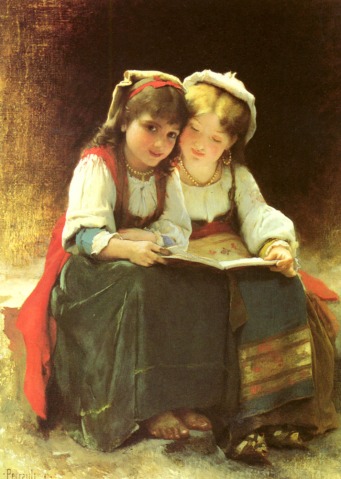If you Google “reluctant readers,” you’ll find quite a bit of material on very young and middle grade readers. These ideas are absolutely important; however, recently, I’ve been thinking about grown-up reluctant readers. About 25% of adults will actually go an entire year without reading a single book (craziness!), and most read 6 books or less per year.
Although it would be a whole other post to go into the intricacies of this (see here to start), in my humble opinion, reading enhances everyone’s life, not just the lives of the person who is reading. Readers become more well-informed, more sympathetic, and more well-rounded than non-readers. They develop better problem-solving skills from exposure to different ideas. They develop better communication skills. We could really go on for a while, but if you’re already here reading this book-related blog, you’re probably already on the same page. What I’m getting at is that the more we can nudge non-readers into reading, even if it’s just a smidge more than they’re reading now, the better our world will be. I’m always a fan of making the world a better place.
So how do we encourage others to read more and therefore improve our larger world?
- Do not (publicly) judge what others are reading; it doesn’t pay to be discouraging. It might horrify me a bit that my teenage cousin is reading some disgusting political propaganda book, but at least she’s reading something. I’m sure there are some five dollar words in there somewhere to build her vocabulary. It might be disconcerting to sit next to someone on the subway reading 50 Shades of Gray, but at least they’re getting back into the habit of reading books.
- Ask about books that they have read. If you can get someone talking about a book they read that they loved, it might remind them how much they miss reading.
- Recommend easy “transition” books (e.g. transitioning from not reading). The book that finally got my man back into reading was Hunger Games (he picked up my copy, of course, after seeing me wrapped up in it a few years ago). He spent a number of years after undergrad just reading accounting textbooks and movie scripts (he’s an accountant who used to work in the film industry), and he says that Hunger Games was just like a movie script. It hooked him, and he stayed up until 2am one night finishing it.
- Talk about books you love. Enthusiasm is infectious. My mom, my dad, my boyfriend, my best friend, my friend’s mom, and a coworker –among others – have all been talked into picking up The New Geography of Jobs after my enthusiastic description of the book’s awesomeness and its applicability to everyday life. When I first read Hunger Games, I was similarly excited – though I still haven’t talked my mom into it. She’s afraid it’s too violent (and she’s into Game of Thrones! Talk about violence!).
- Recognize people for reading. This may sound silly, but people need to be validated. A simple “That’s awesome you make time to read!” goes a long way.
How have you been successful in encouraging friends to read? What could we add to this list?
